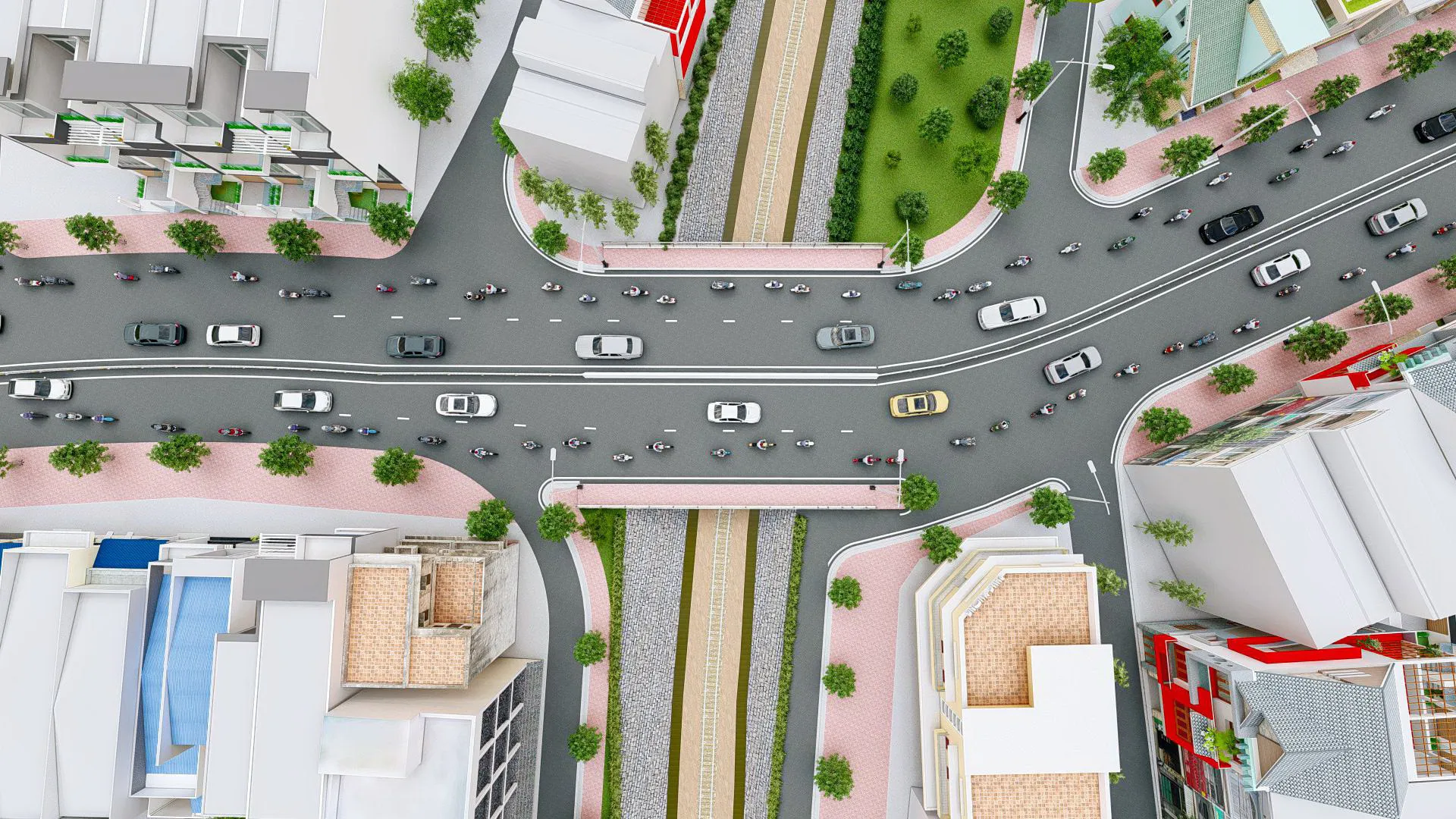Vietnam is continuing its programme of highway developments.
By MJ Woof
November 6, 2023
Read time: 1 min

Vietnam plans to build eight new expressways in the Central Highlands by 2030. This programme of construction will add around 830km to Vietnam’s expressway network. Construction is expected to cost nearly US$6.5 billion.
Work on the Tan Phu-Bao Loc expressway is due to commence in 2023. Other expressways planned will include routes from; Quy Nhon to Pleiku, Khanh Hoa to Buon Ma Thuot, Bao Loc to Lien Khuong, Gia Nghia to Chon Thanh and Bao Loc to Lien Khuong.
Meanwhile, plans are underway for the Ho Chi Minh City (HCMC) Beltway No4 project. The expressway will run through cost an estimated $776.75 million and should be completed by 2026.






